Many couples are under the misconception that divorce inevitably entails protracted courtroom battles. However, you’ll be pleased to discover that litigation is not the only pathway to resolution. If you and your spouse are willing to work together, you can explore divorce mediation, a widely accepted form of alternative dispute resolution. This process can help save considerable time, stress, and financial resources compared to litigation. If you are considering mediation, you might wonder if it is a confidential process. Please continue reading and contact our skilled Edison Divorce Mediators to learn more about this potential divorce route.
How Does Divorce Mediation Work?
In New Jersey, mediation is often utilized by couples seeking an efficient, yet fair process for dissolving their marriage. During mediation, you and your spouse will meet with a neutral third party who will help identify sticking points and facilitate negotiations to reach a mutually beneficial divorce agreement. These sessions are relatively informal. At the end of the process, the mediator will draft a document that reflects the agreement reached and submit it to the court for approval. It’s important to understand that this process allows couples to maintain control over the outcome of their divorce.
Despite its benefits, this option will not work for every couple. Divorce mediation relies on both parties’ willingness to collaborate and compromise. This process is not suitable when there is an imbalance of power. For mediation to be successful, both parties must feel comfortable speaking openly without the fear of retribution. Mediation is not appropriate in cases involving domestic violence.
Is Everything Discussed in Mediation Kept Confidential?
In New Jersey, the information disclosed during mediation is considered confidential unless extenuating circumstances apply. The contents of mediation sessions are considered privileged information. This means that mediators are not permitted to disclose anything shared during your sessions or share any documents you have provided. Unlike traditional litigation, which occurs in a public courtroom, this process is private. Therefore, the information you divulge will not become a public record.
Regardless of what causes a divorce, the process takes an emotional toll on those involved. The dissolution of a marriage, even an amiable divorce is almost always a challenging time. As such, many hurtful words can be spoken. Couples often rejoice that this process is confidential as it ensures sensitive details remain private from public knowledge.
Nevertheless, some situations may require details of the negotiations to be disclosed in a court setting. For instance, information may be disclosed for an individual’s safety. Confidentiality may be overridden if the information shared is required to prove or disprove an accusation of child abuse or neglect. If the communication includes evidence that is necessary in a case, it may be required to disclose this information if it exceeds the need to protect confidentiality.




